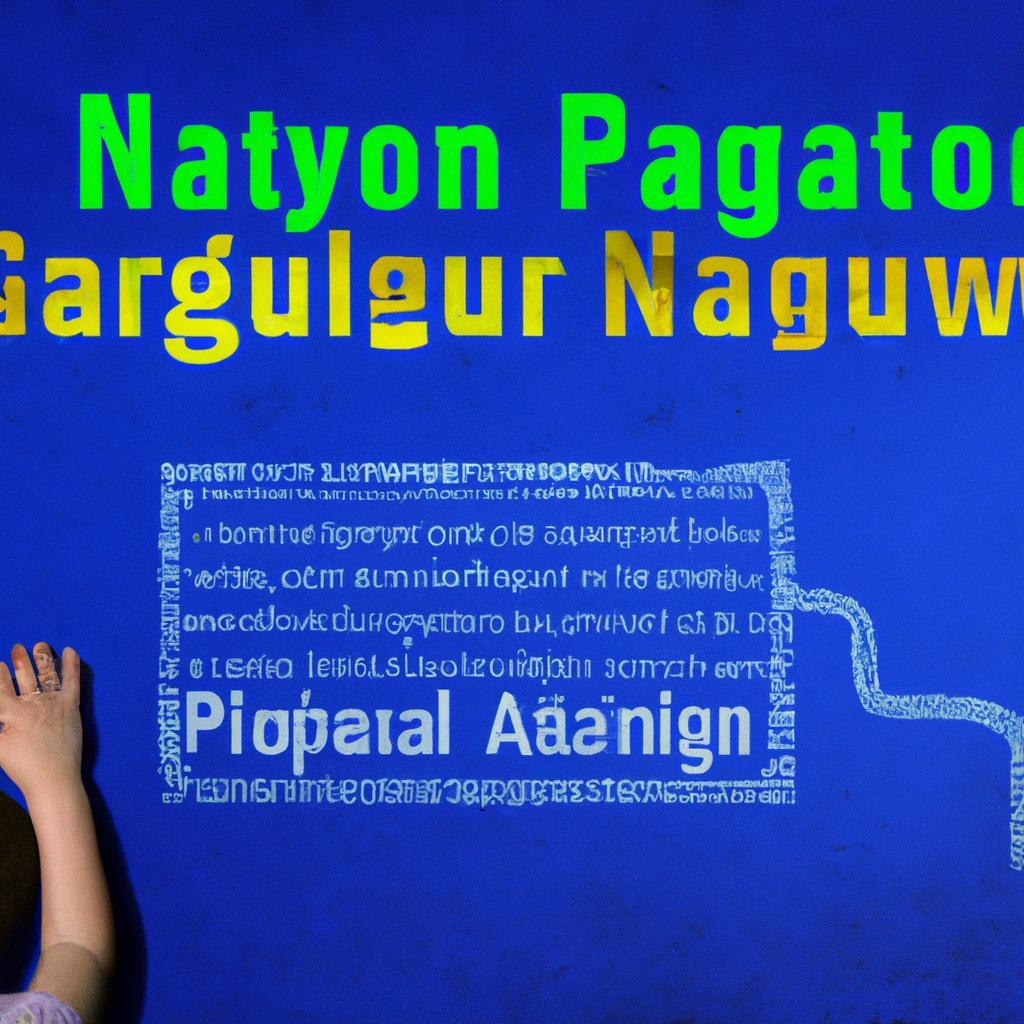In an age where the glow of screens often rivals the warmth of the afternoon sun, video games have emerged as a defining aspect of childhood play. No longer limited to the confines of a living room, these digital realms invite children to embark on grand adventures, solve intricate puzzles, and forge friendships that transcend geographical boundaries. Yet, as children navigate this vibrant digital playground, the myriad effects of video gaming on their development—cognitive, emotional, and social—have sparked an ongoing debate among parents, educators, and researchers alike. As guardians of their children’s experiences, parents are faced with a dual challenge: to embrace the educational benefits and creative opportunities that video games can offer while also understanding the potential pitfalls associated with excessive play. This article explores the balance of these influences, illuminating the path for effective parental guidance in a world where pixels meet playtime. Join us as we delve into the intricate interplay between video games, childhood development, and the pivotal role of informed and engaged parenting.
Exploring Emotional and Social Development Through Gaming Experiences
Video games have evolved into complex narratives and interactive experiences that resonate deeply with players, especially children, often serving as a catalyst for emotional and social growth. Within the vibrant world of gaming, children are given opportunities to:
- Cultivate Empathy: Games often place players in scenarios requiring them to make choices that affect others, helping them understand different perspectives.
- Enhance Communication Skills: Multiplayer environments foster teamwork and negotiation, teaching children how to express their thoughts effectively and collaborate with peers.
- Build Resilience: Overcoming challenges and learning from failures in gameplay can bolster emotional fortitude, equipping children to handle real-life setbacks.
Moreover, games that include rich narratives may even assist in developing critical thinking and problem-solving skills, as players are often required to strategize and adapt to evolving scenarios. This digital engagement not only serves as a conduit for social interaction but also enhances a child’s ability to navigate emotions, making the virtual playground a multifaceted arena for growth. Incorporating thoughtful parental guidance in these experiences can further enrich these emotional and social lessons, ensuring a balanced development path.

Empowering Parents: Strategies for Healthy Gaming Habits in Children
In the quest for maintaining a balanced gaming experience, empowering parents with effective strategies is paramount. Parents can foster healthy gaming habits by employing a few key approaches:
- Set Clear Boundaries: Establish specific gaming time limits that align with your child’s daily responsibilities and commitments.
- Encourage Collaborative Play: Promote games that involve family participation, turning playtime into a bonding experience.
- Educate About Content: Regularly review and discuss the games your child plays to ensure age-appropriateness and align them with your family’s values.
- Model Healthy Habits: Demonstrate balanced screen time usage and engage in non-digital activities together.
- Foster Open Communication: Maintain an open dialogue about their gaming experiences, enabling them to share concerns and triumphs related to their gameplay.
By adopting these strategies, parents can cultivate a digital environment where gaming becomes a tool for learning and connection rather than a source of conflict or concern.
Concluding Remarks
As we venture through the intricate landscape of the digital playground, it becomes clear that video games are more than just pixels and polygons; they are dynamic realms that shape the minds and behaviors of young players. While the benefits of cognitive development, strategic thinking, and social interaction cannot be overlooked, the potential pitfalls and challenges of excessive gaming also warrant our attention. Ultimately, the key to striking a harmonious balance lies in informed, supportive parental guidance. By fostering open dialogues, setting thoughtful boundaries, and participating in their child’s gaming experiences, parents can transform the potential challenges of video gaming into opportunities for growth and connection. As we continue to unravel the complex tapestry of childhood development in the digital age, let us embrace the potential within this evolving landscape—empowering our children to navigate not just the games they play, but the enriching, multifaceted world that lies beyond the screen.


